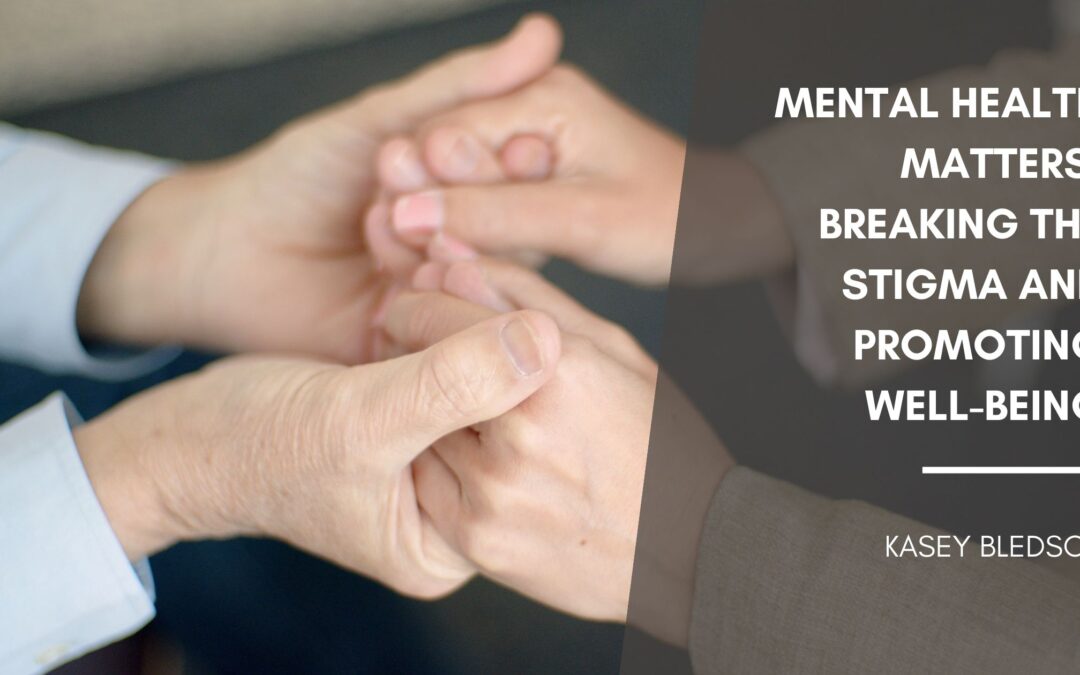Mental health is integral to our overall well-being, yet it has long been stigmatized and overlooked. The impact of mental health on individuals, families, and communities cannot be understated. It affects our ability to function, relationships, and overall quality of life.
Understanding Mental Health
Mental health refers to our emotional, psychological, and social well-being. It affects how we think, feel, and act. Mental health encompasses a wide range of conditions, from common disorders like anxiety and depression to more severe conditions such as bipolar disorder and schizophrenia. It is crucial to understand that mental health is a continuum, and each person’s experience is unique. Just like physical health, mental health requires attention and care.
The Stigma Surrounding Mental Health
Unfortunately, mental health issues have been stigmatized and often met with misconceptions and discrimination. Stigma creates barriers that prevent individuals from seeking help, receiving proper treatment, and speaking openly about their struggles. This stigma can lead to feelings of shame and isolation and worsen the already challenging experience of mental health conditions. It is essential to challenge these stereotypes and educate ourselves and others about mental health to create a more inclusive and supportive society.
Breaking the Stigma
Breaking the stigma starts with open conversations and increased awareness. We must foster a culture encourages individuals to seek help without fear of judgment. This can be achieved through education, destigmatizing language, and challenging stereotypes. Sharing personal stories and experiences can humanize mental health issues, helping others understand that it can affect anyone and that seeking help is a sign of strength. Supportive environments at workplaces, schools, and communities play a crucial role in breaking the stigma, promoting acceptance, and providing resources for mental health support.
Promoting Well-being
Promoting well-being involves taking proactive steps to maintain good mental health. It includes self-care practices like regular exercise, proper nutrition, quality sleep, and stress management. Building strong social connections, fostering healthy relationships, and seeking support when needed are also vital. Mindfulness and relaxation techniques can help reduce stress and improve mental resilience. Additionally, it is essential to be aware of warning signs of mental health issues in ourselves and others and seek professional help when necessary.
Mental health matters, and breaking the stigma surrounding it is crucial for promoting well-being. By fostering understanding, empathy, and acceptance, we can create supportive environments where individuals feel safe to seek help and openly discuss their mental health. It is a collective responsibility to challenge misconceptions, provide resources, and promote self-care practices contributing to a healthier and happier society. Together, we can break the stigma and prioritize mental health as an essential component of overall well-being.

